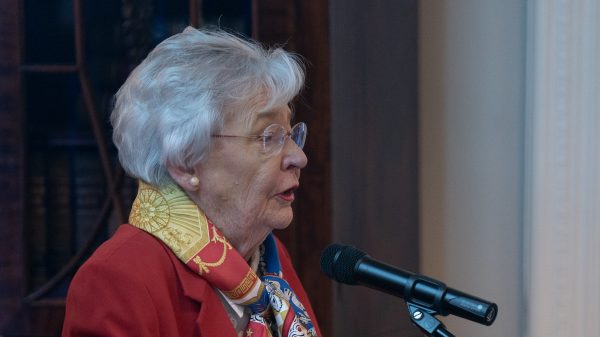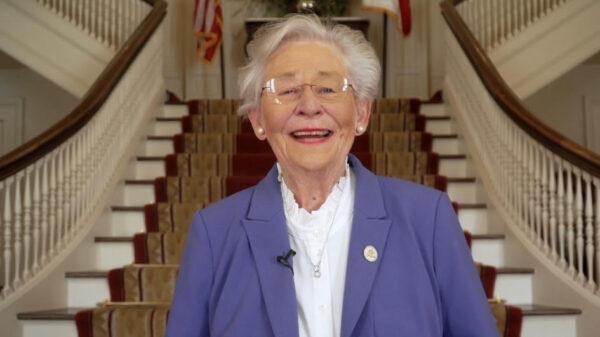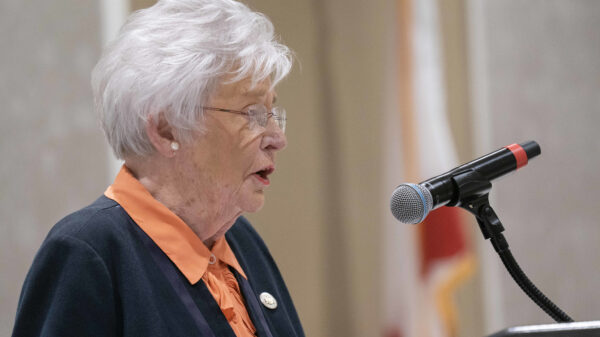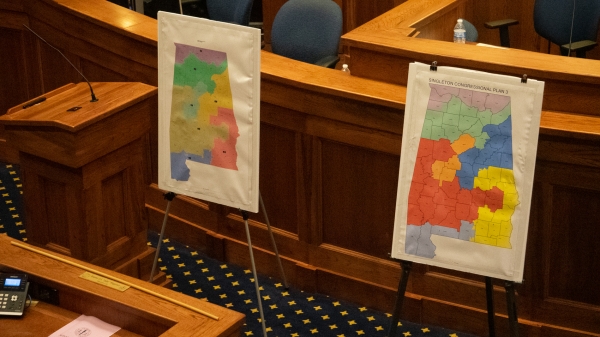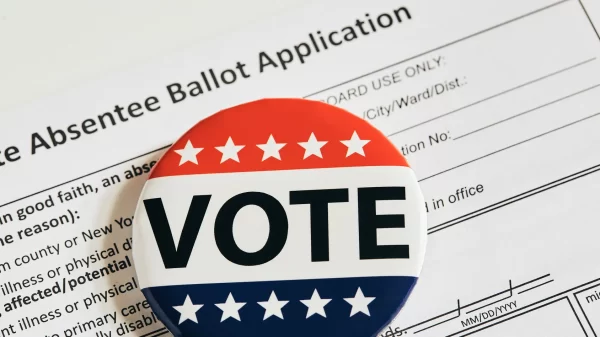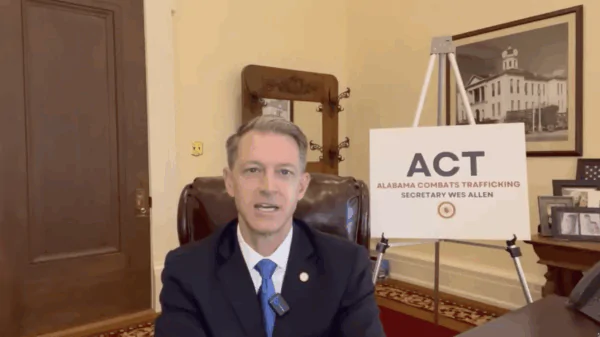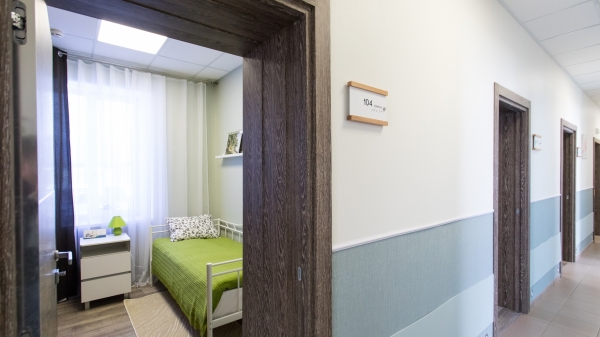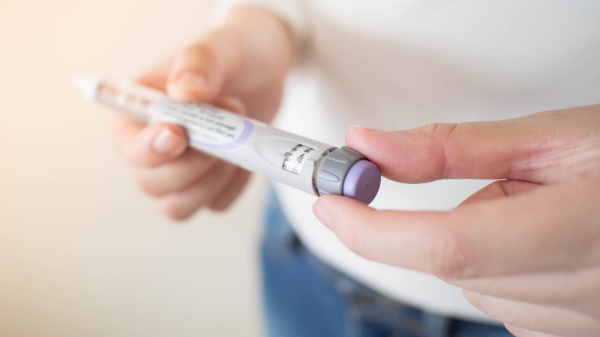By Lee Hedgepeth
Alabama Political Reporter
HUNTSVILLE, AL— A group of colleges and private companies led by the University of Alabama at Huntsville are submitting a joint application to become one of six testing sites for the Federal Aviation Administration’s unmanned aerial systems research. If the project is awarded to the group, which includes entities in both Alabama and Tennessee, it would bring more than 4,000 jobs to the new test site within the first three years, by law. In an economy like Alabama’s, where politicians still talk up the ever-promised, not yet arrived 1,000 jobs from Airbus, that much economic impact is not small talk— or at least it shouldn’t be.
Despite this, unmanned aerial systems are highly contentious. Nationwide, political leaders on both ends of the political spectrum—conservative stars like Senator Rand Paul, and liberal individual rights’ advocates like Senator Ron Wyden— have both been highly critical of the lack of clear policy on the use of drones domestically.
Statewide, in the last legislative session, Paul Sanford (R) of Huntsville, sponsored Senate Bill 317 to outlaw the use of unmanned aerial vehicles by law enforcement agencies throughout Alabama. Huntsville Mayor Tommy Battle, who has been advocating for the FAA project, said that he thought testing unmanned aerial vehicles would not present significant legal questions because of the purely experimental nature of the program. The decision on implementation, he said, would “come down through the federal government.”
However, lines seem to have blurred. The University of Alabama at Huntsville also made a few more announcements in recent months. First, in April, the University released a statement saying they would “collaborate with the Army on developing the next generation of unmanned aircraft systems.” Then, a month later, the college detailed in a press release a partnership with the campus police department to “develop unmanned aerial vehicle technologies for campus security.”
Following a recent Freedom of Information Act release of a list of all entities authorized to use unmanned vehicles as of 2012, citizens of Gadsden were made aware of their police department’s $150,000 purchase of two unmanned aerial vehicles in 2010. While the UAVs, according to the Gadsden police chief, have no offensive capabilities, and were paid for by a federal law enforcement grant, he expressed that he understands some citizens’ privacy concerns. Perhaps more surprisingly than the purchase itself, the police chief did not know the department owned the drones until the press began inquiries.
In the end, it is probably doubtful that Alabama politicians would oppose a project that could bring such significant economic impact to our area. However, as is evident, it might not be as easy a sell as something as apolitical as Airbus.
There are over 25 other applicants vying for the six available test sites, including Mississippi, Georgia, and Florida. The FAA has pledged to begin its final decision process within the next few months in order to begin facility production by the end of the year.
State politicians have not yet publicly commented on the proposal.






